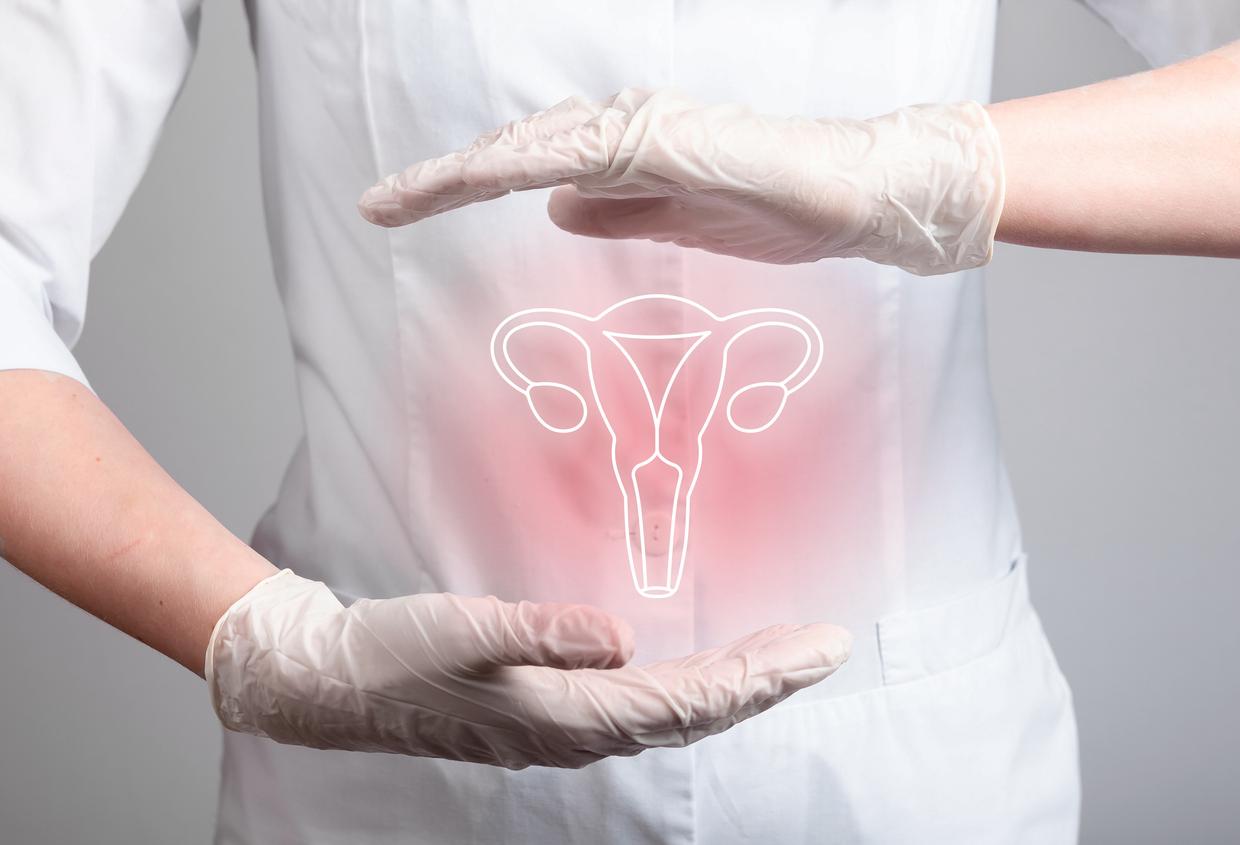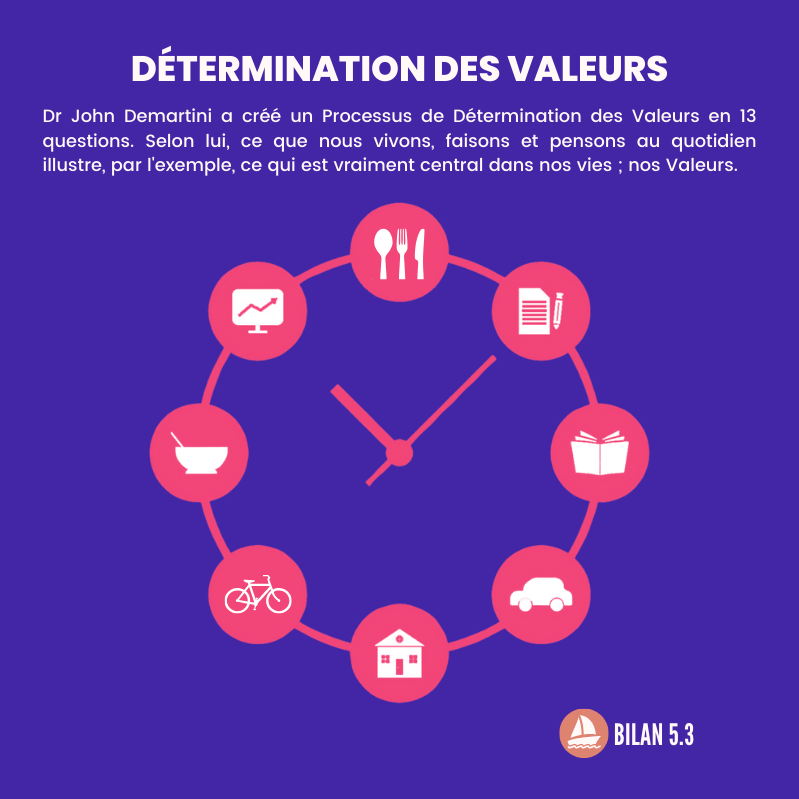
May 13, 2010 – “A man who takes care of himself, who listens to his emotions or, worse, who shows his suffering – physical or mental – is often perceived as weak, like a mumoune. “
This is what Gilles Tremblay, professor at the School of Social Service of Laval University, said during a workshop on men’s health, held as part of the Acfas congress which took place is held at the University of Montreal1.

Gilles Tremblay
According to him, masculine values - being strong, proud, resourceful and proud, for example – are the main obstacle to men taking charge of their own health. And to overcome this obstacle, it is the entire traditional male model that must be reshaped, he argues.
A worrying situation
Admittedly, men’s health in general has improved markedly in recent decades. Moreover, according to a survey conducted in 2005 in Quebec, 90% of the men questioned said they were in good health.
“The life expectancy of Quebeckers has even improved more quickly than that of Quebeckers,” points out Gilles Tremblay.
But men still have the reflex to trivialize their health problems. And certain health indicators illustrate the extent of the difficulties to be overcome:
- increase in many types of cancer (including prostate, lung, colon and testes);
- men are more overweight or obese than women;
- cases of depression are on the rise (up to 20% of men suffer from it);
- and twice as many men as women do not have a family doctor.
And according to Gilles Tremblay, these evils can be explained, in large part, by the adherence of men to traditional masculine values.
He therefore considers that interventions specific to men should be put forward in the area of public health.
For example, doctors should educate them about preventing testicular cancer, which is the 2e cancer that affects men aged 40 and under and is a major cause of death.
“Better screening could be introduced, in particular by promoting self-examination of the testes to detect abnormal lumps,” he said.
Andropause, or when testosterone plays tricks
If we recognize quite easily the signs of menopause in women, the symptoms of andropause2 in humans are less well known, and sometimes devious.

Dr Jean Drouin
According to a study of 2,100 participants – cited by Dr Jean Drouin – Andropause could affect up to 66% of men.
According to him, it’s not uncommon for men with low testosterone to be prescribed antidepressants with the mistaken belief that they have depression.
According to the doctor attached to the Center hospitalier universitaire de Québec (CHUQ-CHUL), the symptoms of andropause can manifest themselves in different ways, including:
- decreased libido;
- erectile problems;
- fatigue;
- irritability and intolerance;
- insomnia;
- night sweating;
- joint pain;
- decreased professional performance;
- the brain slower;
- anxiety.
“We must better listen to the men who consult us saying that they lack liveliness, or who ask us for Viagra, indicates the Dr Drouin. If andropause is the source of their problem, the blue pill will not affect hormones. “
And before prescribing replacement hormones for men with hypogonadism (decreased production of hormones by the testes), they must be adequately informed of the potential consequences of hormone therapy.
Among other things, life as a couple can be more difficult. “Because the man becomes dashing again, it may create friction with the spouse! He warns.
Also, when he is in front of a patient, the Dr Drouin prefers to focus on quality of life and well-being than on medication.
“Adopting a less hectic pace of life can increase testosterone levels by 4%, which is very sufficient to alleviate symptoms,” he continues.
And according to a study underway in Quebec, certain techniques used in osteopathy would make testosterone, naturally secreted by humans, more available to organs.
“We had better show men how to take care of their hormones, because when testosterone decreases, we see more cases of hypertension, hyperlipidemia, diabetes and obesity in them,” concludes Dr.r Drouin.
|
From June 14 to 20, 2010 will be Men’s Health Week around the world. For more information: www.menshealthmonth.org/week. |
|
Also read our new Men’s Health: Financial Difficulties at the Source of Many Ailments. |
Martin LaSalle – PasseportSanté.net
1. The 78e Acfas Congress took place from May 10 to 14 at the University of Montreal: www.umontreal.ca/acfas2010 [consulté le 13 mai 2010].
2. Consult our Andropause file for more information.















